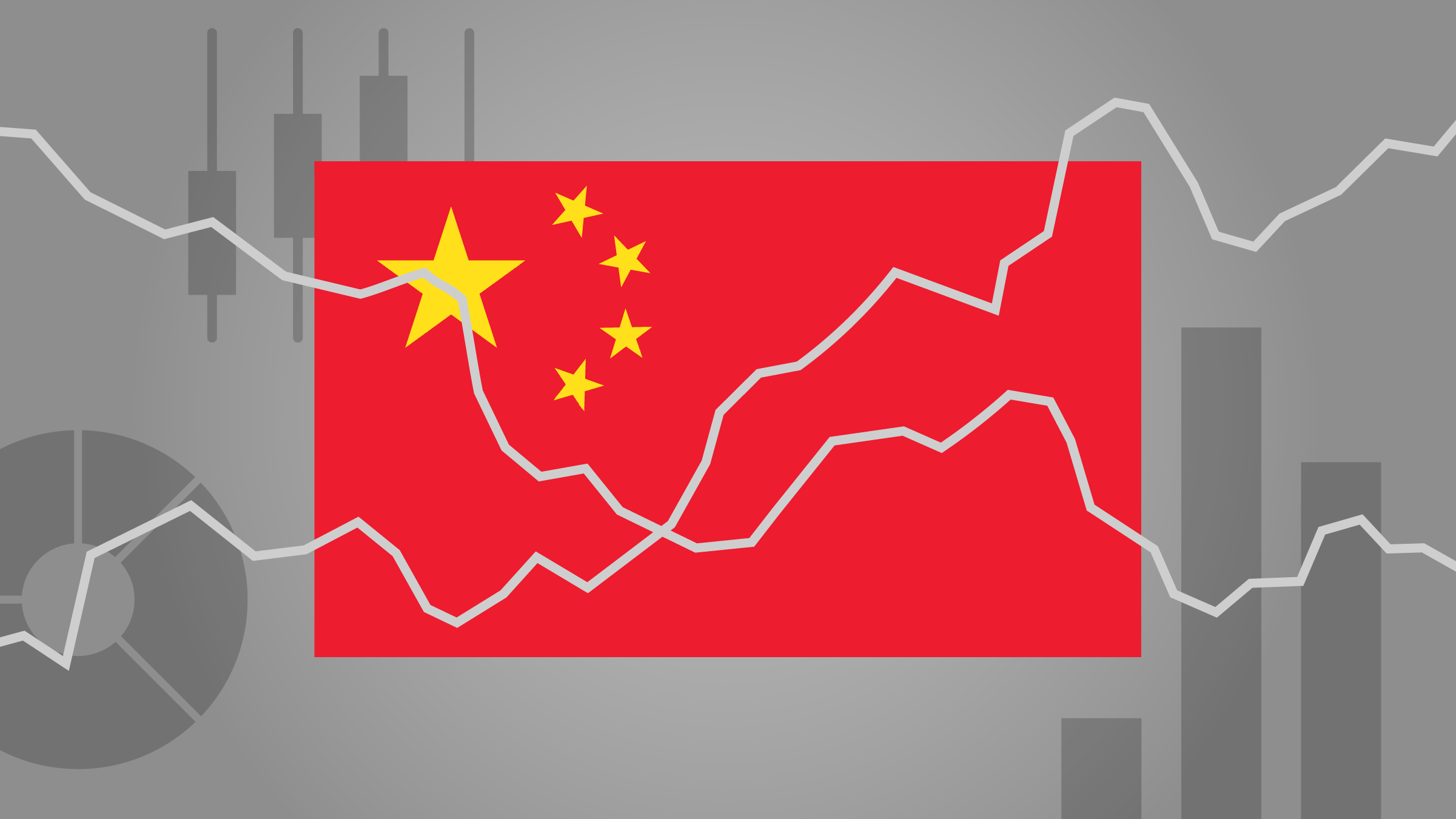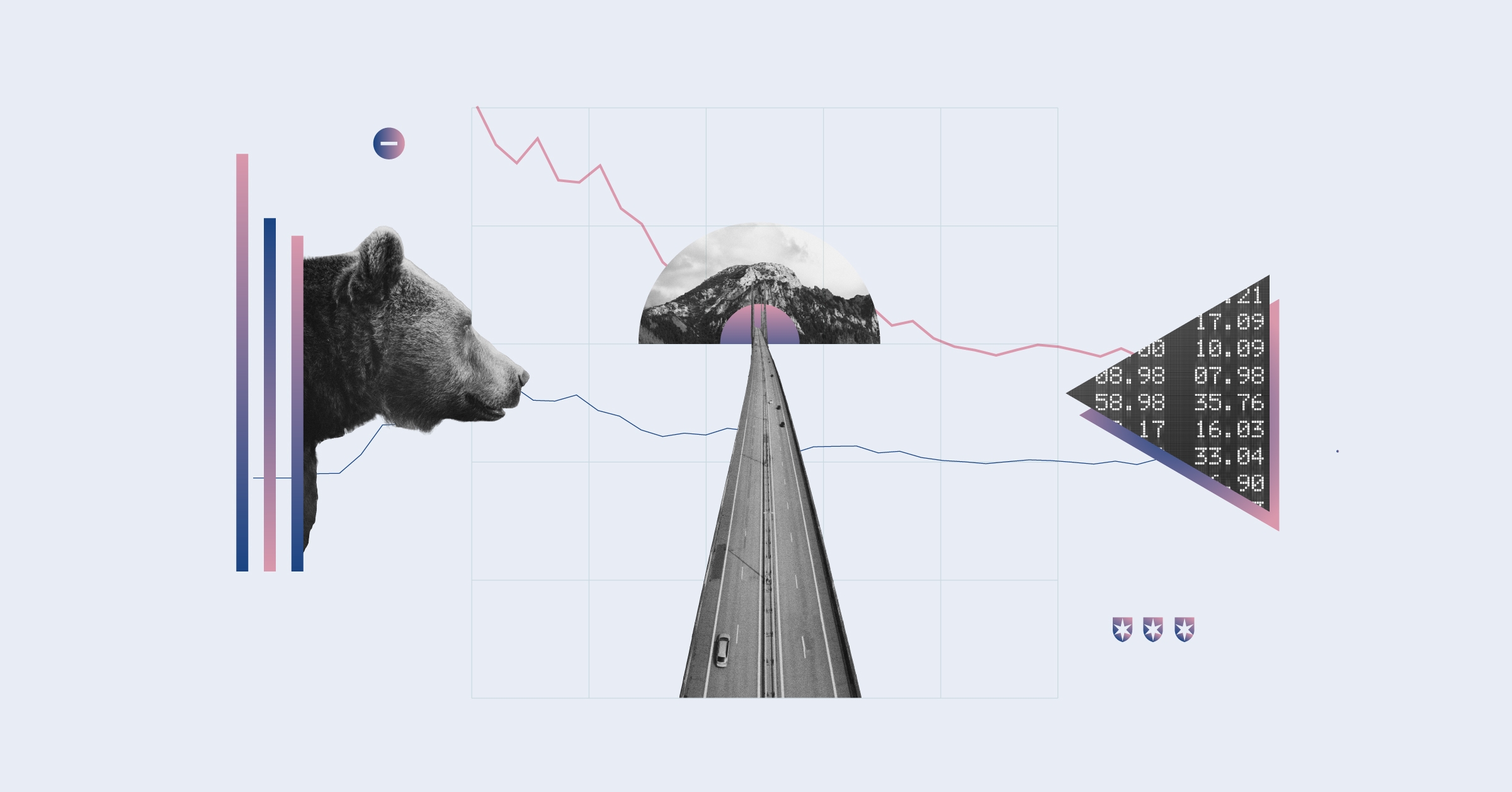![]() AstraZeneca (AZN) posted third-quarter results largely in line with our expectations, and we don’t expect any significant changes to our fair value estimate of £41.60 per share. At the current market price, we view Astra as fairly valued, with the market correctly valuing a strong pipeline helping to mitigate an industry-leading amount of patent expirations.
AstraZeneca (AZN) posted third-quarter results largely in line with our expectations, and we don’t expect any significant changes to our fair value estimate of £41.60 per share. At the current market price, we view Astra as fairly valued, with the market correctly valuing a strong pipeline helping to mitigate an industry-leading amount of patent expirations.
We believe the innovation in the pipeline is strong enough to offset the patent losses, supporting our wide moat rating for the firm. Additionally, while Astra slightly increased its full-year 2015 guidance, we believe better-than-expected sales from gastrointestinal drug Nexium largely supported the improved outlook and we expect these sales to fall quickly in 2016 as more generics enter the market.
On the top line, recently launched drugs are partially offsetting generic competition, leading to an overall sales decline of 2%, but we expect this decline to accelerate into 2016 as generic competition intensifies. Similar to recent quarters, strong growth from cardiovascular drug Brilinta and diabetes drug Farxiga helped offset the impact of generic Nexium. However, in 2016, we expect launches of more generic versions of Nexium as well as the launch of generic Crestor, leading to a major headwind as the drugs represent close to one third of total sales.
A developing pipeline should eventually offset generic competition and reinforce the company’s wide moat. Astra’s oncology pipeline looks particularly well positioned with AZD9291 and durvalumab showing excellent results in lung cancer for specific patient populations. Astra holds several new cancer drugs that should combine well and give the firm more differentiated treatments with strong pricing power. Further, Astra’s appointment of Sean Bohen to the Chief Medical Officer position increases our confidence in the continued success of Astra’s oncology pipeline, as he brings experience from leading cancer company ![]() Roche (RO).
Roche (RO).





























